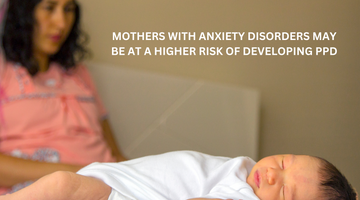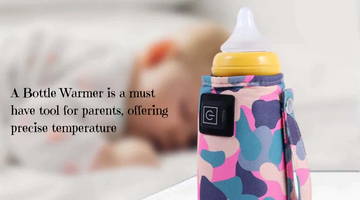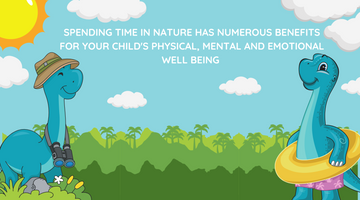Postpartum depression (PPD) is a type of mood disorder that can affect women after giving birth. You try finding ways how to calm your fussy baby while actually being frustrated yourself. PPD is characterized by intense feelings of sadness, anxiety, irritability, and exhaustion. It can also occur when you find it hard to balance work and parenting with a baby. These feelings can make it difficult for new mothers to take care of themselves, their newborns, and their family.
PPD typically develops within the first few weeks after delivery, although it can occur up to a year after giving birth. It is estimated that about 1 in 7 women experience PPD, but the actual number may be higher due to underreporting and misdiagnosis.
The exact causes of PPD are not fully understood, but hormonal changes that occur during and after pregnancy are believed to play a role. The rapid drop in estrogen and progesterone levels after childbirth can affect mood and cause symptoms of depression.
FACTORS CONTRIBUTING TO PPD
The exact causes of PPD are not fully understood, but there are several factors that may contribute to its development. Some of these factors include:
- Hormonal changes: During and after pregnancy, a woman's hormone levels fluctuate significantly, which can affect mood and emotions. In particular, a drop in estrogen and progesterone levels after delivery may contribute to the development of PPD.
- Personal or family history of depression: Women with a personal or family history of depression may be more likely to experience PPD.
- Lack of support: Lack of emotional or practical support from partners, family, or friends can make it difficult for new mothers to adjust to their new roles and cope with the demands of motherhood.
- Stressful life events: Other stressful life events, such as financial difficulties, relationship problems, or a difficult birth experience, can contribute to the development of PPD.
- Sleep deprivation: New mothers often experience disrupted sleep patterns, which can contribute to fatigue and mood changes.
- Anxiety or OCD: New mothers with anxiety disorders or OCD may be at higher risk for developing PPD.
Other factors that may contribute to PPD include:
- Emotional stress: Adjusting to the demands of motherhood, coping with physical changes, and dealing with life stressors can be overwhelming and trigger depression.
- Negative birth experience: Women who have had a traumatic birth experience, such as a difficult delivery, unplanned C-section, or a baby born with health issues, may be more prone to PPD.
- Relationship problems: Marital problems or conflicts with a partner can add to the stress of adjusting to motherhood and increase the risk of developing PPD.
SYMPTOMS OF PPD
Postpartum depression (PPD) can cause a range of symptoms that affect a new mother's physical and emotional well-being. The symptoms of PPD can be mild to severe and can occur within a few weeks to several months after giving birth. Some common symptoms of PPD include:
1. Depressed mood: Feelings of sadness, hopelessness, and emptiness are common in PPD. Women may feel overwhelmed or unable to cope with daily tasks.
2. Loss of interest or pleasure in activities: Women with PPD may lose interest in activities they previously enjoyed, such as spending time with family and friends, exercising, or hobbies.
3. Changes in appetite and sleep: PPD can cause changes in appetite and sleep patterns, including insomnia or oversleeping, and overeating or loss of appetite.
4. Fatigue or low energy: Women with PPD may feel tired or have low energy, even when they have had enough sleep.
5. Feelings of worthlessness or guilt: Women with PPD may feel like they are not good enough as mothers or that they are failing their babies. They may feel guilty about not feeling happy or bonding with their babies.
6. Difficulty concentrating: PPD can cause difficulty concentrating or making decisions, and women may have trouble remembering things.
7. Anxiety and irritability: Women with PPD may experience anxiety, nervousness, or irritability. They may feel easily overwhelmed, worried, or agitated.
8- Thoughts of self-harm or suicide: In severe cases, women with PPD may have thoughts of self-harm or suicide.
Treatment for PPD may include therapy, medication, and support from loved ones and healthcare professionals. Psychotherapy, such as cognitive-behavioral therapy (CBT) or interpersonal therapy (IPT), can help women learn coping skills and address negative thought patterns. Antidepressant medication may also be prescribed in some cases, although this should be carefully evaluated by a healthcare professional due to potential risks to the baby if the mother is breastfeeding. Support groups, such as postpartum support groups or online forums, can also provide a safe space for women to share their experiences and receive emotional support. With proper treatment, most women with PPD can recover and enjoy motherhood.






